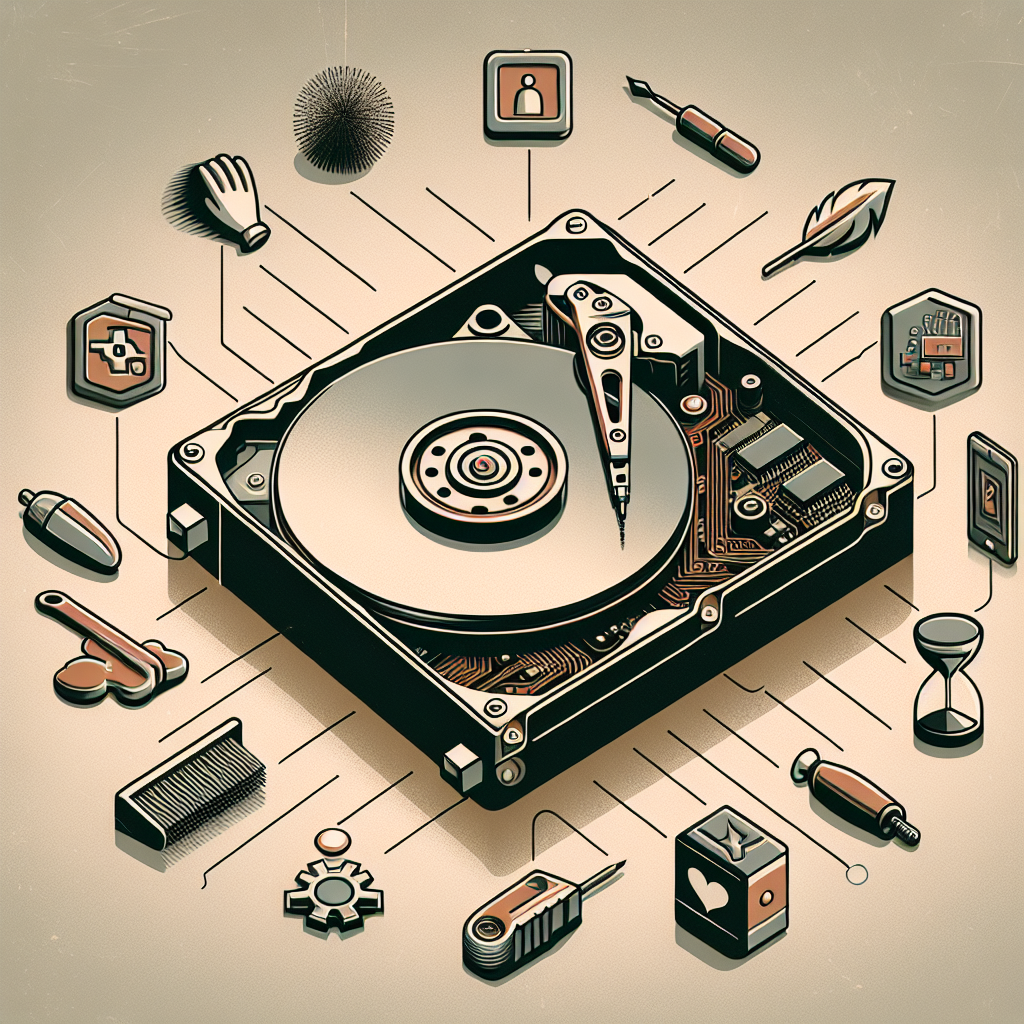Tips for Extending the Lifespan of Your Hard Disk Drive
A hard disk drive (HDD) is a crucial component of your computer that stores all of your important data, from documents and photos to software and operating systems. It’s essential to take good care of your HDD to ensure it lasts as long as possible and continues to function properly. Here are some tips for extending the lifespan of your hard disk drive:
1. Keep your computer cool: Excessive heat can damage your HDD and cause it to fail prematurely. Make sure your computer has proper ventilation and consider installing additional cooling fans if necessary. Avoid placing your computer near heat sources such as radiators or direct sunlight.
2. Handle your HDD with care: Hard disk drives are sensitive to physical shocks and vibrations. Avoid dropping or bumping your computer while it’s running, as this can cause damage to the HDD. When transporting your computer, make sure it’s securely packed and protected from any potential impacts.
3. Defragment your HDD regularly: Over time, files on your HDD can become fragmented, leading to slower performance. Defragmenting your HDD regularly can help organize and optimize the data stored on it, improving its lifespan and overall performance.
4. Avoid sudden power outages: Abrupt power outages can cause data loss and damage to your HDD. Invest in a surge protector or uninterruptible power supply (UPS) to protect your computer from power surges and outages. Make sure to safely shut down your computer before disconnecting it from the power source.
5. Keep your HDD clean: Dust and debris can accumulate inside your computer and on your HDD, causing it to overheat and malfunction. Regularly clean your computer and HDD with compressed air or a soft brush to remove any dust or dirt buildup.
6. Backup your data regularly: Even with the best precautions, HDDs can still fail unexpectedly. Make sure to backup your important data regularly to an external hard drive, cloud storage, or another device to prevent data loss in case of HDD failure.
7. Monitor your HDD’s health: Use diagnostic tools to check the health of your HDD regularly. Look out for warning signs such as strange noises, slow performance, or error messages, as these could indicate potential issues with your HDD.
By following these tips, you can extend the lifespan of your hard disk drive and ensure that your important data remains safe and secure. Taking care of your HDD will not only save you from potential data loss but also help you get the most out of your computer for years to come.


